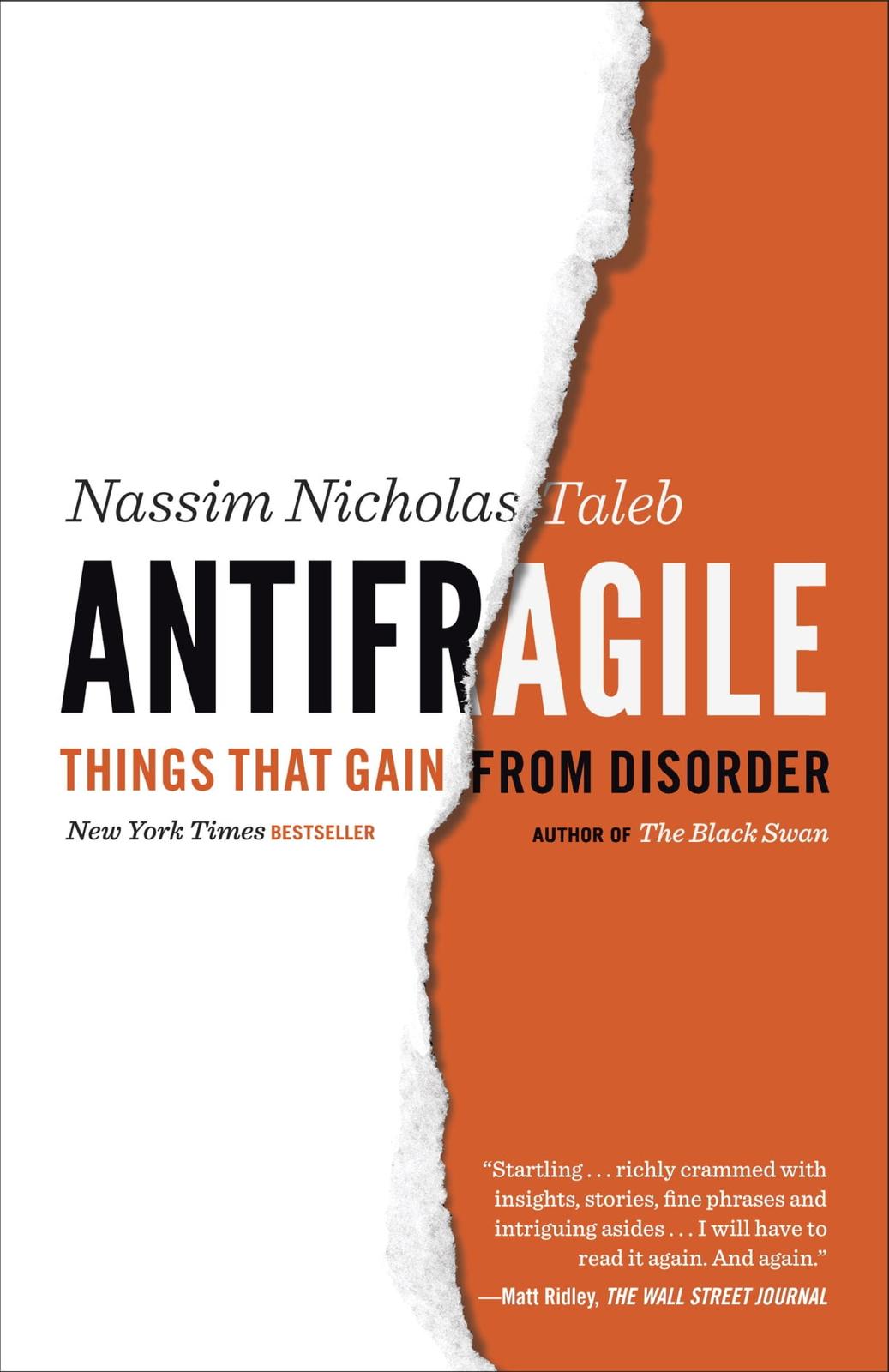Things You Know But Not Quite | Amazing Facts | Trivia

:
“A review, good or bad, can be far more descriptive of the reviewer than informational about… [the thing being reviewed].” – Nassim Nicholas Taleb
1. What’s the deal?
- Antifragile builds upon the ideas Nassim Nicholas Taleb has shared in some of his previous books — Fooled by Randomness and The Black Swan.
- It talks about how some things are:
- Fragile (a shock can break them)
- Robust (shocks can’t break them) and;
- Antifragile (shocks make them better).
- The author tries to explain antifragility through several examples.
- One that he uses several times is hormesis — when a small dose of a harmful substance is actually beneficial for the organism, acting as medicine.
- Another example of “antifragile” is attention — once bitten, twice shy.
- The book then draws a comparison between several fragile and antifragile systems.
- It references systems such as mother nature (antifragile), economy (fragile), etc.
2. Things we liked
- In his trademark style, Taleb tosses several incisive insights throughout the book.
- “Every plane crash brings us closer to safety, improves the system, and makes the next flight safer—those who perish contribute to the overall safety of others.”
- “Had the Titanic not had that famous accident, as fatal as it was, we would have kept building larger and larger ocean liners, and the next disaster would have been even more tragic. So the people who perished were sacrificed for the greater good.”
- We have been taught that evolution or natural selection happens at an organism level (survival of the fittest), but if we come to think of it, it happens at a cellular level.
- “For instance, if you drink a poisonous substance in small amounts, […] the weak proteins in the cells [die and get] replaced by stronger […]ones. [This then happens at cellular levels, then at organism levels and then at population levels].”
3. How much did we like them?
4. Things we didn’t like
- The book is unnecessarily wordy, and, here, I’m not questioning Taleb’s trademark style (because I love it — example below).
- “Just as spending a month in bed (preferably with an unabridged version of War and Peace and access to The Sopranos’ entire eighty-six episodes) leads to muscle atrophy.”
- I am talking about wordiness that gives an impression that the author is trying too hard to prove himself.
- E.g., In chapter 12, the author’s take on Aristotle’s anecdote about mathematician Thales of Miletus goes on and on without making much impact.
- One of the remarkable features of Taleb’s books is how they translate ancient wisdom into insights about modern-day living. So, when he recourses to big modern-day names such as Steve Jobs, Peter Drucker and psychoanalyst Jacques Lacan to prove a point, he leaves an aftertaste that we associate with self-help books. If you are a Taleb fan, like I am, this can be particularly painful.
5. How much did we dislike them?
6. You are likely to enjoy it if…
- You have enjoyed Taleb’s other books.
- You have no problems reading books that cross-reference a lot before making a point.
7. You may not like it if…
- You enjoy reading fast-paced, thriller-like non-fictions (e.g. The Four by Scott Galloway).
- You are not a fan of repetitive 500+ pages-long books.
- You are a taker of page-turners.
8. Our Rating
- This is one of the weakest books by Taleb

